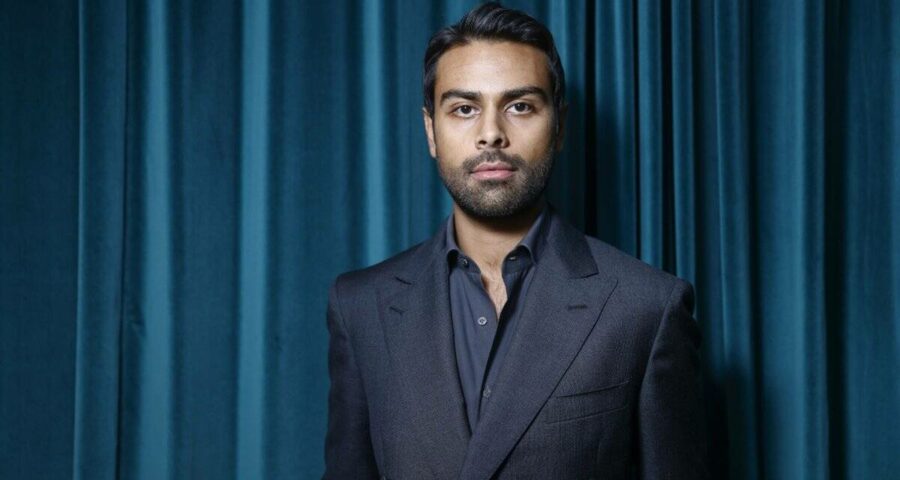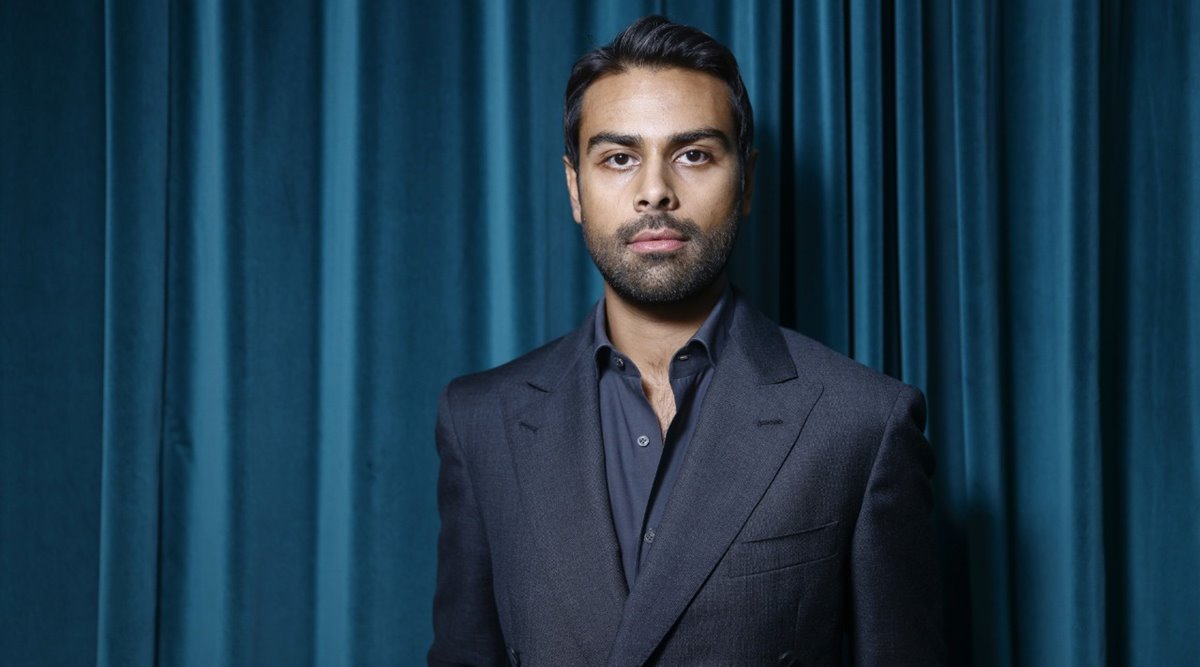Karam has taken over the bank at a difficult juncture for the Hindujas, with a deepening dispute between his ailing 85-year-old grandfather’s side of the family and Srichand’s three younger brothers.
Karam Hinduja has rather un-Swiss ambitions for the Swiss private bank he took charge of last year.
The 31-year-old grandson of Srichand Hinduja, the patriarch of the $18 billion British-Indian Hinduja Group, says he wants to stay true to his grandfather’s values while trying to remake the bank to attract a more modern, less stuffy clientele. In an interview at the bank’s Geneva headquarters, Karam said he told his employees to be more like the bank’s clients, who may just as likely have made their fortunes as tech entrepreneurs as from finance.
“If your client is in shorts, t-shirt and a pair of flip flops, feel free to do the same, meet them at their level,” the executive said.
Karam has taken over the bank at a difficult juncture for the Hindujas, with a deepening dispute between his ailing 85-year-old grandfather’s side of the family and Srichand’s three younger brothers. It doesn’t help that the bank sits at the heart of the conflict. In a legal battle, Srichand — represented by his daughter Vinoo — is claiming sole ownership of the bank. SP’s brothers say the bank is part of the Hinduja Group.
Karam took charge in early 2020, a year which saw client assets drop by more than 30% from just two years earlier to 1.69 billion Swiss francs ($1.82 billion). The declines were due to drops in asset values not client withdrawals. Total assets under management rebounded to 2.43 billion Swiss francs as of the end of October.
Karam renamed the bank SP Hinduja Banque Privee, although on the Hinduja Group website it is still called Hinduja Bank Switzerland. The executive sometimes fields calls about the family dispute from those who know his grandfather but says it’s more “noise” than anything else and says he’s focused on the charting the bank’s future.
“I’m aware of the dynamics that are occurring at the family level, but I’m here to try and build a fantastic financial institution,” he said in an East Coast accent honed over a decade in New York as an undergraduate at Columbia University and then in venture capital.
While in the U.S., he came close to choosing another career path, spending a year at Nick Bollettieri’s elite tennis academy in Florida in a bid to go pro. That was derailed by a herniated disc and the realization that he wouldn’t make the cut. He’s now back in Europe to take part in the family business.
At the bank, he could not be more different than his predecessor, Gilbert Pfaeffli, a former Swiss Army colonel who’d spent three decades at UBS Group AG. Pfaeffli was hired in 2016 in the wake of a pair of bad investments in commodity trading that lost the bank a reported 25 million Swiss francs.
“There was a lack of control, there was a lack of order,” said Karam. Pfaeffli “was the perfect person, with the background he has, to bring in that very military style to the institution.”
The bank was stripped of its Cayman Island banking license in May 2020 for failing to meet anti-money laundering compliance rules. That unit was already being wound down at the time and has since been closed, Karam said. The bank also faces two claims totaling 6 million Swiss francs from unidentified former clients “alleging breaches of the bank’s duties,” according to its annual report.
Karam has brought four people to Geneva from Timeless Media, a digital media company he founded in New York, and a similar number of Srichand’s advisers from London to shake things up.
“I haven’t come from the traditional world of finance,” said Karam, dressed in a black suit and matching black open-necked shirt. “I’ve done dealmaking, I’ve done investing but I haven’t come from the banking grassroots.”
The bank introduced Climate Action Portfolio, a fund focused on alternative energy investments to attract a different kind of investor. Hinduja said he plans more forays into India, where younger entrepreneurs from Indian families who had left the country are now returning.
“Industry is moving in India. Markets are moving. There’s a lot of opportunity,” he said.
Source: Read Full Article


